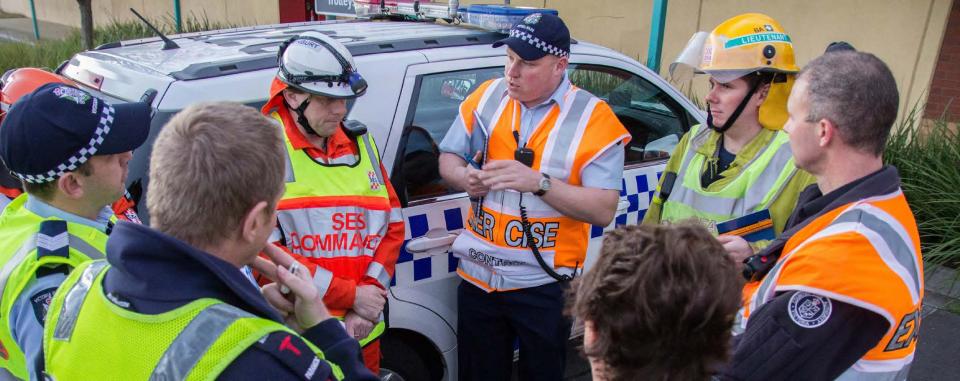
PUBLICATIONS
Published works

A guide to non-technical skills in emergency management
| Title | A guide to non-technical skills in emergency management |
| Publication Type | Book |
| Year of Publication | 2022 |
| Authors | Hayes, P, Bearman, C, Gyles, D |
| Number of Pages | 58 |
| Publisher | Bushfire and Natural Hazards CRC |
| City | Melbourne |
| ISBN Number | 978-0-6452058-2-4 |
| ISBN | 978-0-6452058-2-4 |
| Abstract | A guide to non-technical skills in emergency management by Dr Peter Hayes, A/Prof Chris Bearman and Donald Gyles is the first book of its guide developed for emergency management. It was developed as observations from the authors indicated the need to better manage non-technical skills during emergency and incident management; non-technical skills continue to be an area highlighted in investigation reports and inquiries; and discussions with agency partners indicated a a resource like this book would help to educate practitioners deepen their understanding of the non-technical skills literature. What is in the book? A guide to non-technical skills in emergency management seeks to: introduce and highlight the importance of non-technical skills; identify some of the issues and pitfalls that can occur; and describe tools that can help people better manage non-technical skills in operational situations. The content of the book necessarily draws heavily on research conducted during by the Improving decision-making in complex multi-team environments project conducted between 2014–2021. By writing this book the authors hope to provide a consistent framework that allows agencies to manage the various aspects of non-technical skills in a more holistic way. This also encourages agencies to adopt a shared language to discuss, promote and manage these important but often neglected sets of skills. Who is the book for? The book is designed for emergency management practitioners and instructors who wish to understand more about non-technical skills. This may be because they want to improve their own knowledge and practice or be better prepared to coach, mentor or instruct others. Learning and development practitioners may find the book a useful reference source for developing non-technical skills training materials or for enhancing these skills within more technically oriented training units (for example, teaching communication skills in the context of relay pumping). The approach Some readers will be familiar with these skills and will have used them working in various teams. For others, it may be the first time they have encountered them. For the group who
|
Published Works


